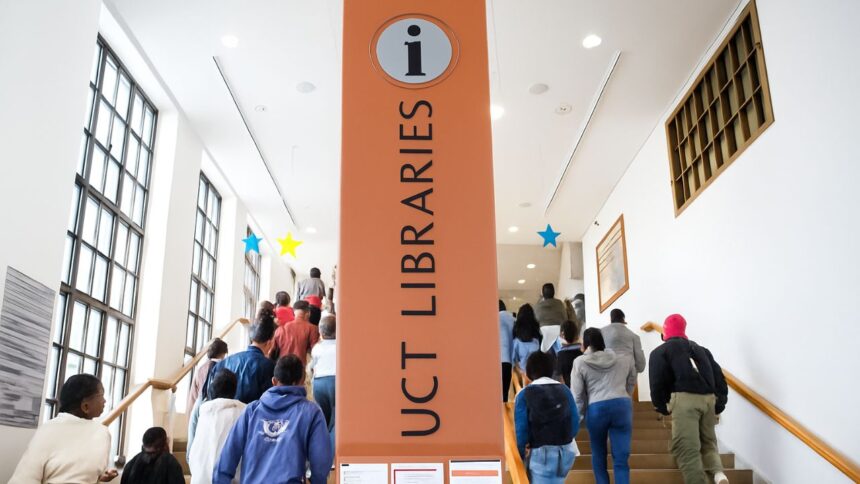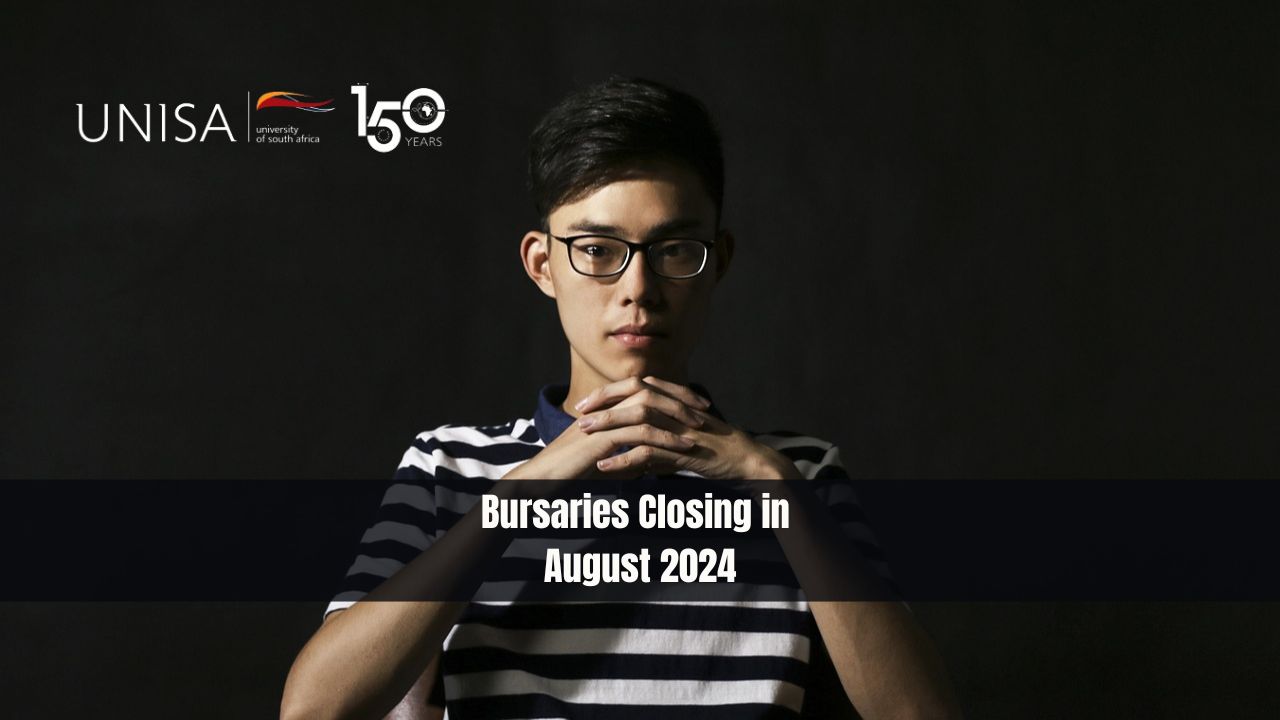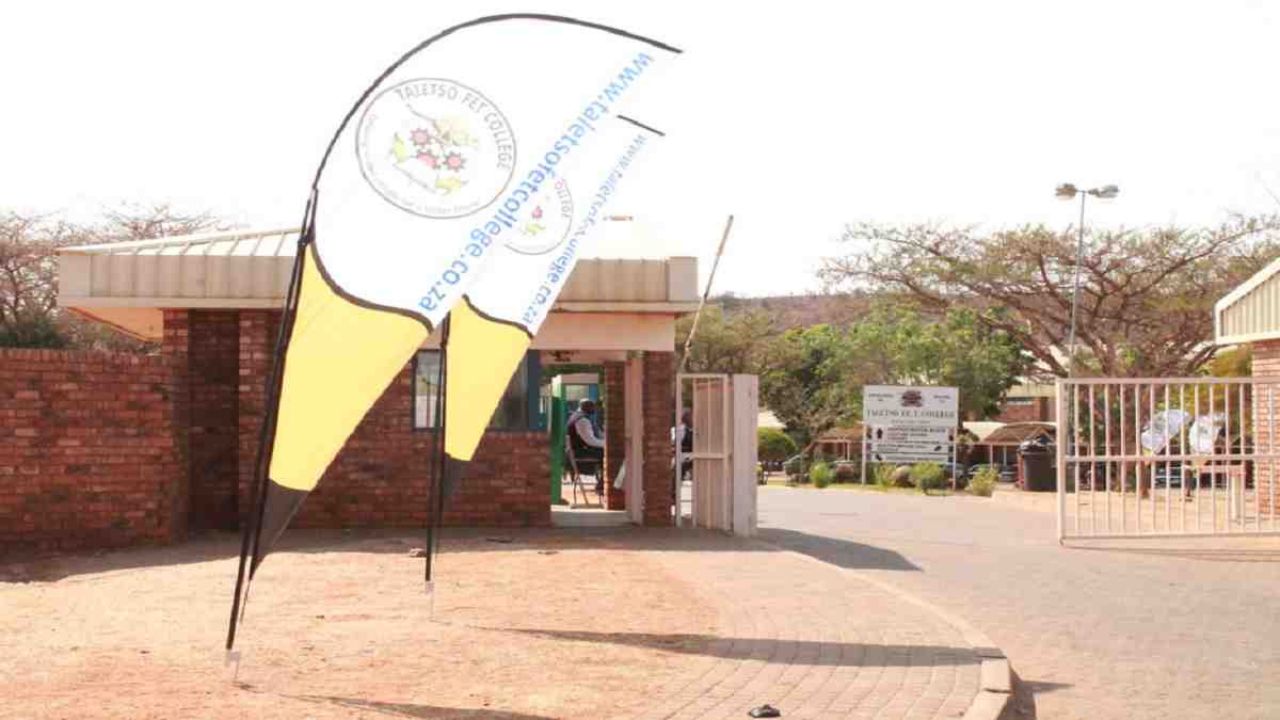UCT Ranks in the Top 3% Globally. The University of Cape Town (UCT) has once again proven its academic excellence on the global stage by securing a coveted position among the top 3% of universities worldwide. This achievement comes after the latest release of the QS World University Rankings, where UCT climbed an impressive 21 places to be ranked 150th globally. With over 8,467 universities assessed, UCT’s position highlights its status as South Africa’s leading university and a beacon of excellence across the African continent.
UCT Breaks Into the Top 150 Worldwide
In the highly anticipated Quacquarelli Symonds (QS) World University Rankings 2025, the University of Cape Town improved its global standing significantly, advancing from 171st to 150th position. This marks a monumental leap and reinforces UCT’s legacy as a top-performing institution in Africa and the Global South.
According to the official release on 19 June 2025, UCT’s rise in the rankings is attributed to its strong performance across the six core metrics used by QS:
| QS Ranking Metrics | Weight |
|---|---|
| Academic Reputation | 30% |
| Employer Reputation | 15% |
| Faculty-to-Student Ratio | 10% |
| Citations Per Faculty | 20% |
| International Faculty Ratio | 5% |
| International Student Ratio | 5% |
UCT excelled particularly in academic reputation and citations per faculty, showcasing the impactful research produced by its academics and the recognition it receives in global academic communities.
UCT Commitment to Academic Excellence
Vice-Chancellor Professor Mosa Moshabela welcomed the rankings with pride, stating:
“This excellent improvement in standing reflects a consistent, concerted effort from the university over recent years. Moving from 171 to 150 is not just a numerical rise, but a recognition of the real-world impact of UCT’s research, teaching and global partnerships.”
He further noted that while the rankings are worth celebrating, UCT remains focused on its broader mission:
“Our mission remains rooted in generating quality, relevant knowledge that matters – for Africa and the world.”
The Vice-Chancellor’s statement underscores UCT’s dual ambition: being globally competitive while maintaining relevance to African development and innovation.
UCT’s Rising Research Influence
Another factor behind UCT’s improved ranking is the enhanced international student diversity and a renewed global focus on research excellence. UCT academics have seen a notable increase in research citations over the past year, reflecting the university’s growing influence in fields such as health sciences, environmental studies, economics, and social justice.
The QS methodology also gave additional weight this year to international engagement, a space where UCT continues to thrive through collaborations, academic exchange programmes, and the inclusion of a diverse cohort of foreign students and faculty.
UCT Funding Challenges Amidst Recognition
Despite this remarkable achievement, UCT is facing significant funding challenges. The university has been impacted by the United States government’s decision to cut back funding from the US National Institutes of Health (NIH)—a critical source of research grants for the institution. As the South African university that historically received the highest NIH funding, UCT is disproportionately affected by these budget cuts.
In addition, UCT is embroiled in a legal dispute concerning its Council’s decision to cut ties with Israeli universities and researchers. The policy, in response to human rights concerns in Gaza, has sparked backlash from pro-Israel advocacy groups. These groups have launched court challenges citing potential financial and academic losses resulting from the policy.
These developments point to a complex operating environment, where universities like UCT must navigate both ethical imperatives and financial sustainability.
Why Global Rankings Matter for South African Students
While there is ongoing debate around the relevance of global university rankings, one cannot deny their value in shaping the international reputation of institutions. UCT’s position in the top 3% of universities globally acts as a powerful draw for international students, research collaborators, and funding bodies.
For local students, graduating from a world-class university like UCT increases employment prospects both locally and abroad. Employers often reference global rankings as a proxy for quality, and a UCT degree is widely respected across multiple sectors.
Criticism of Rankings: Teaching vs Research
It is important to note that world university rankings, including the QS system, heavily favour research output. This emphasis may not always correlate with the undergraduate teaching experience, which is equally crucial. Critics argue that rankings should factor in student satisfaction, graduate employment rates, and community impact more directly.
Nevertheless, UCT’s continued rise demonstrates its ability to maintain a balanced focus on research excellence and quality education—a rare feat in the competitive world of higher learning.
UCT Applications for 2026: Key Dates and Details
For prospective students, now is the time to act. The University of Cape Town is currently accepting applications for the 2026 academic year. Applications for both study and student residence will close on 31 July 2025.
Important: UCT Does Not Accept Late Applications
To avoid disappointment, all applicants—local and international—must ensure they submit their applications on time. Late applications will not be considered under any circumstances.
Programmes Offered at UCT
UCT offers a wide range of undergraduate and postgraduate degrees across the following faculties:
- Faculty of Commerce
- Faculty of Engineering & the Built Environment
- Faculty of Health Sciences
- Faculty of Humanities
- Faculty of Law
- Faculty of Science
Applicants can access the full list of UCT courses and requirements via the official website’s application portal.
UCT 2026 Application Process (Step-by-Step)
- Visit the UCT online application portal on the university’s official website.
- Create a student profile with accurate personal and academic details.
- Select your preferred programme(s) from the available list.
- Upload certified copies of academic results, ID/passport, and any additional documents.
- Pay the non-refundable application fee, where applicable.
- Track your application status online after submission.
For more information, visit www.uct.ac.za
Conclusion
The University of Cape Town’s top 3% global ranking is more than a numerical achievement; it is a testament to South African academic excellence, research integrity, and a commitment to global relevance. Despite the financial and political hurdles it faces, UCT continues to champion a progressive, inclusive, and globally recognised education system.










